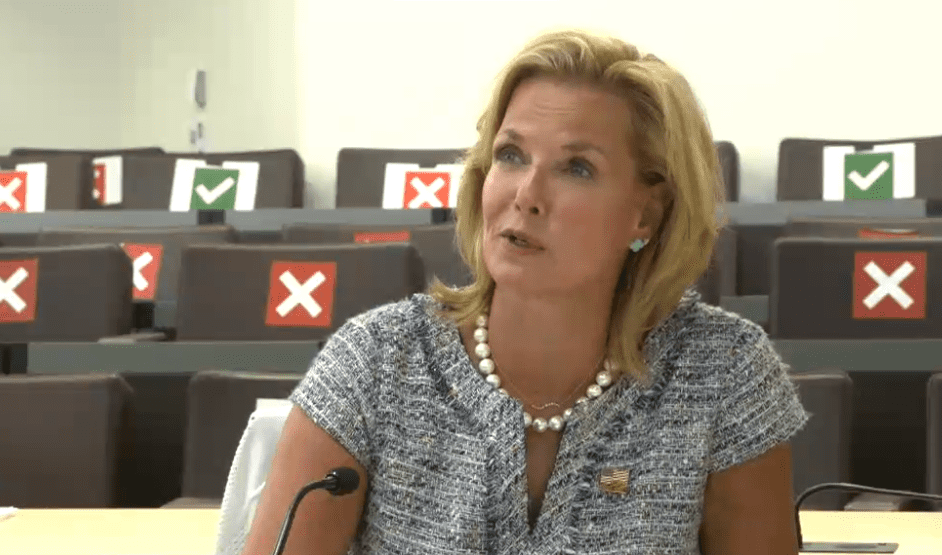
Nuclear Security & Deterrence Monitor Vol. 22 No. 44
Visit Archives | Return to Issue PDF
Visit Archives | Return to Issue PDF
Nuclear Security & Deterrence Monitor
Article 1 of 9
November 13, 2020
NNSA Administrator Fired While on Leave; Energy Secretary Tracked Her for Months

Secretary of Energy Dan Brouillette kept close tabs on then-National Nuclear Security Administration boss Lisa Gordon-Hagerty for months, sending chaperones to her meetings with Congress and monitoring her personal calendar before abruptly demanding her resignation…